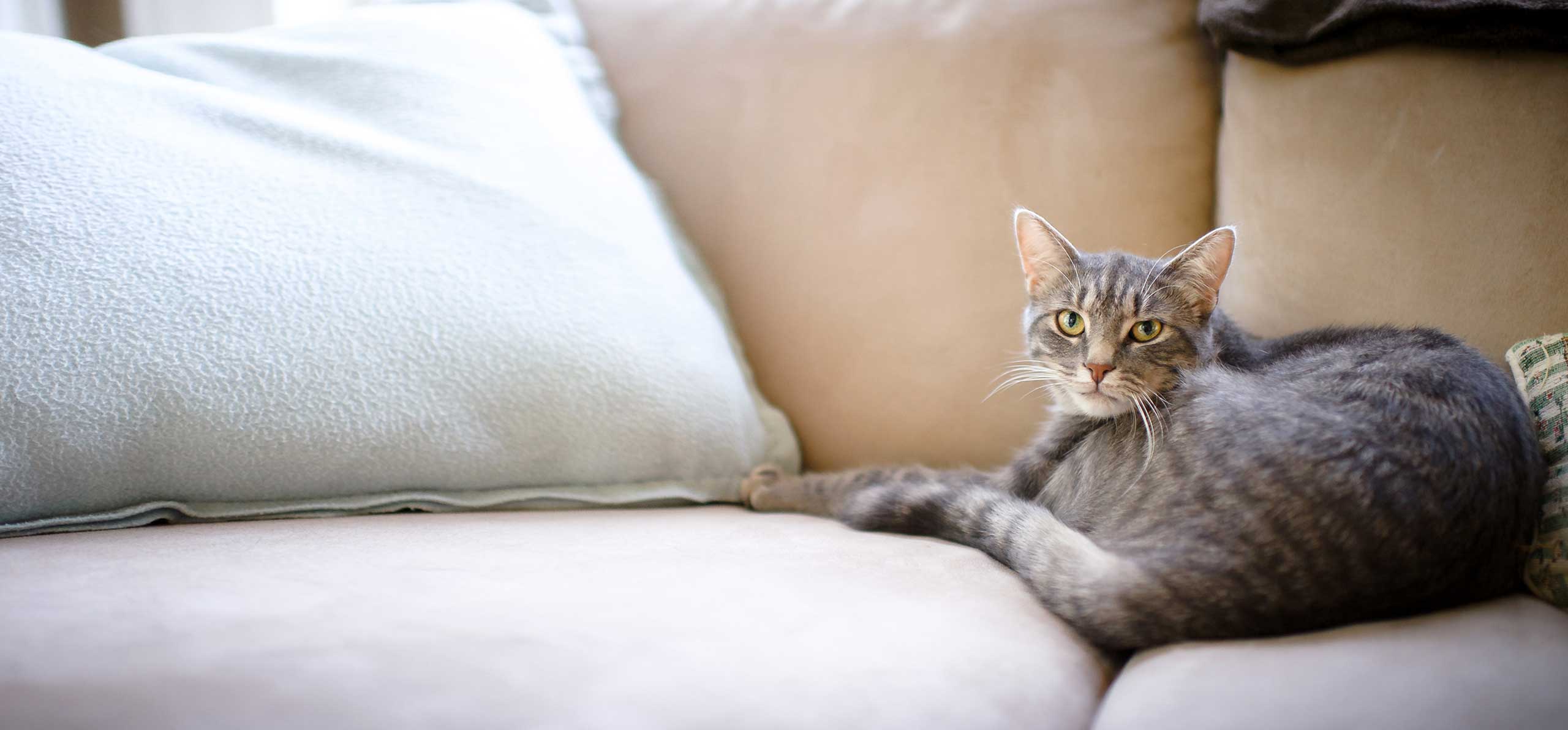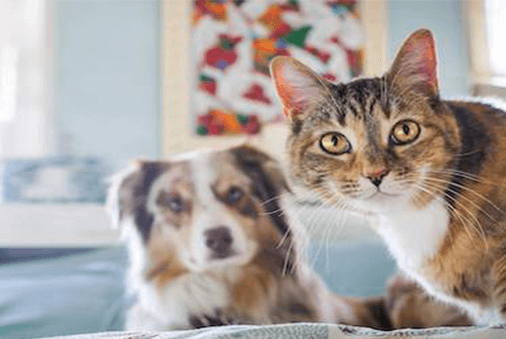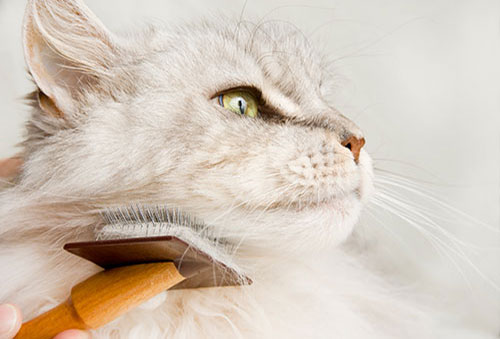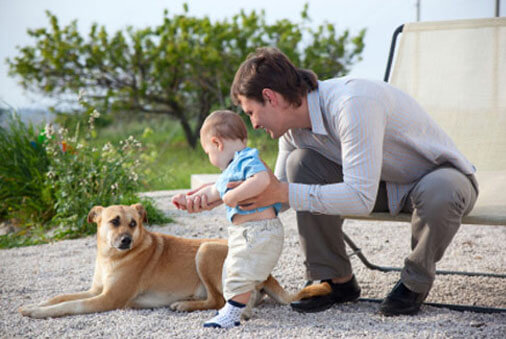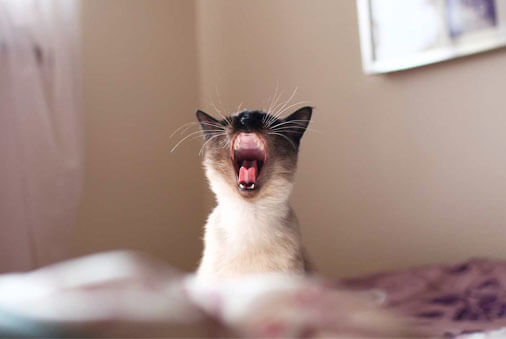Healthy and Golden Years for Your Mature Cat
Cats may have nine lives, but they still get older in each of them. The good news is our feline friends are living longer than ever. The average lifespan for a healthy indoor cat is almost sixteen years and some have even lived into their twenties!
However, just like humans, maturing cats can show signs of muscle loss, arthritis, dental issues, obesity, intestinal and immunity problems, plus changes in their skin and coat. That’s why it’s important to give your older cat the right balance of healthy nutrition, and pay increased attention to her well-being so she can stay vital and strong.
Diet rated “M” for mature
When your cat is over seven years old, you should start feeding her high-quality mature cat recipes. Look for nutritiously balanced, natural foods specifically formulated with essential vitamins, chelated minerals and antioxidants to help support an older cat’s immune system, as well as proteins and carbohydrates for energy.
Maintaining a healthy weight and well-being are especially important during this stage because your aging feline may show signs of disease. If your cat has an acute or chronic condition, be sure to ask your veterinarian for any special nutritional recommendations.
Regular vet visits
You may be seeing more of your veterinarian during this stage because routine visits (at least two per year) are important to stay on top of your cat’s health and spot early signs of disease.
Don’t just look for physical changes, such as slower movements or weight loss. Behavioral changes can also signal an approaching disease. Has your elder cat’s appetite and water consumption changed? Are they not using their litter box as much or more frequently? How are they sleeping?
Personality changes can also signal illness. If your normally lovable cat seems irritable for no obvious reason, it might mean she’s in pain. She may also react negatively if she’s taken by surprise, which could mean her eyesight or hearing are impaired.
Look and listen for any behavioral changes and be sure to notify your vet.
Day to day
Older cats thrive on a reliable day-to-day routine so keep sudden changes at a minimum. If change can’t be avoided, try to bring it on as gradually as possible so you don’t add to your feline’s stress.
Exercise is a good stress reliever. Get your mature cat moving at least ten minutes every day, as long as she’s reasonably healthy. If she’s overweight or compromised from an illness, you’ll have to work up to such activity, and then only if your veterinarian approves.
Creature comforts
Just like humans, elder cats often need a helping hand. Health issues like arthritis can make it hard for your feline to access beds, furniture and stairways. That’s when cat ramps really come in handy.
Also, consider getting a lower-sided litter box so it’s easier for your cat to step into it. Place extra boxes in different areas of your home to avoid accidents now that your older cat may be incontinent.
Sleep can also pose problems for mature cats. Be sure your cat’s bed has cozy blankets to help her fall and stay asleep easier. You may want to purchase an orthopedic bed specially designed for senior cats to help cushion their aging joints. Some beds even rigged with heat or massage elements to help stimulate circulation and reduce stiffness.
Bottom line: Anything you do to make your cat’s daily life easier can help their senior years become some of the most enjoyable ones — for both of you.

